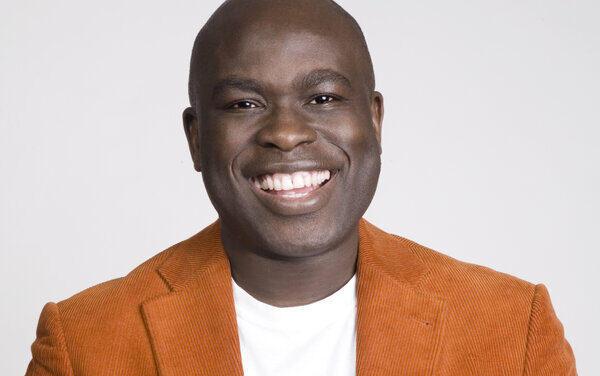I HAVE found that one of the most important practices in the Christian faith is that of the presence of God. This practice involves being mindful of God’s presence in every moment of our lives, whether we are at work, at home, or in any other setting.
One of the most famous practitioners of this practice was Brother Lawrence, a 17th-century Carmelite monk who lived in France. Brother Lawrence wrote a book called “The Practice of the Presence of God,” which has become a classic of Christian spirituality.
In this book, Brother Lawrence emphasises the importance of cultivating a continual awareness of God’s presence. He writes: “The most holy and necessary practice in our spiritual life is the presence of God. That means finding constant pleasure in His divine company, speaking humbly and lovingly with Him in all seasons, at every moment, without limiting the conversation in any way.”

Brother Lawrence’s message is clear: God is always with us, and we should strive to be aware of His presence at all times. This can be achieved through prayer, meditation, and simply being mindful of God’s presence as we go about our daily lives.
The practice of the presence of God is particularly important in times of stress and anxiety, when we may be tempted to turn away from God and rely solely on our own strength.
But as the Apostle Peter reminds us in 1 Peter 5:7, “Cast all your anxiety on him because he cares for you.” When we remember that God is with us and cares for us, we can trust in His strength to see us through difficult times.
This message is particularly relevant in the context of Tarana Burke and Brené Brown’s book “You Are Your Best Thing: Vulnerability, Shame Resilience, and the Black Experience.” The book explores the experiences of black people who have been marginalised and oppressed, and the ways in which they have learned to cope with shame and vulnerability.
One of the key themes of the book is the importance of community and connection. As Burke and Brown write, “We need each other. We need the vulnerability and courage it takes to share our stories, to offer our best selves, to trust that we will be seen and heard and held.”
This message is consistent with Brother Lawrence’s emphasis on the presence of God. Just as we are called to be mindful of God’s presence in our lives, we are also called to be present to one another. We are called to create spaces where people can share their stories, offer their best selves, and trust that they will be seen and heard and held.
In both the practice of the presence of God and the practice of vulnerability and connection, we are reminded of the importance of humility. Brother Lawrence writes: “We must surrender ourselves to God with regard both to things temporal and spiritual and then, with perfect confidence, await the results.” Similarly, Burke and Brown emphasise the importance of humility in our relationships with one another. As they write: “Humility is not about being weak or giving up power. It’s about recognising that we are all human, that we all make mistakes, and that we all need each other.”
Ultimately, the practice of the presence of God and the practice of vulnerability and connection are about cultivating a deep sense of trust. When we trust in God’s presence and care, we are able to let go of our anxieties and fears. When we trust in one another, we are able to share our stories and offer our best selves without fear of rejection or judgment.
As we navigate the challenges of life, whether as individuals or as communities, may we be mindful of God’s presence and the presence of one another.
Muyiwa Olarewaju OBE is Station Director at Premier Gospel Radio, a TV & Radio Broadcaster, and Principal of gospel group Muyiwa & Riversongz


Comments Form
1 Comment
Even the Old Testament prophets warn against emulating your oppressors; and by extension, bowing down and worshipping the gods of your oppressors.
Africans have been oppressed by Semitic Arabic Muslims; and Caucasian Catholic and Protestant Christians.
African-heritage people uniquely bow down and worship the gods of their historical oppressors.
It was Caucasian Catholic and Protestant Christians of western Europe, who for profit and racial superiority abused the life and teachings of the Semitic Hebrew Messiah’s Gospel Message and crucifixion example.
Christian Western European Caucasian men and women declared and make acceptable and respectable, the belief that African men and women was inferior because of the colour of our African-skin, and because we lacked a God-Given Soul, and therefore should be regarded and treated as “cattle.”
African-heritage people to this day have not been rehabilitated from from the Arabic Muslims; Catholic Cardinals, and Anglican Bishops inferiority creed.
Arabic Muslims, Catholic Cardinals, and the Anglican Bishops have NEVER offered worthy repentance; atone or restitution for abusing the Gospel message for profit.
No people can prosper, or become a racially identifiable people, using the god of their historical oppressors.